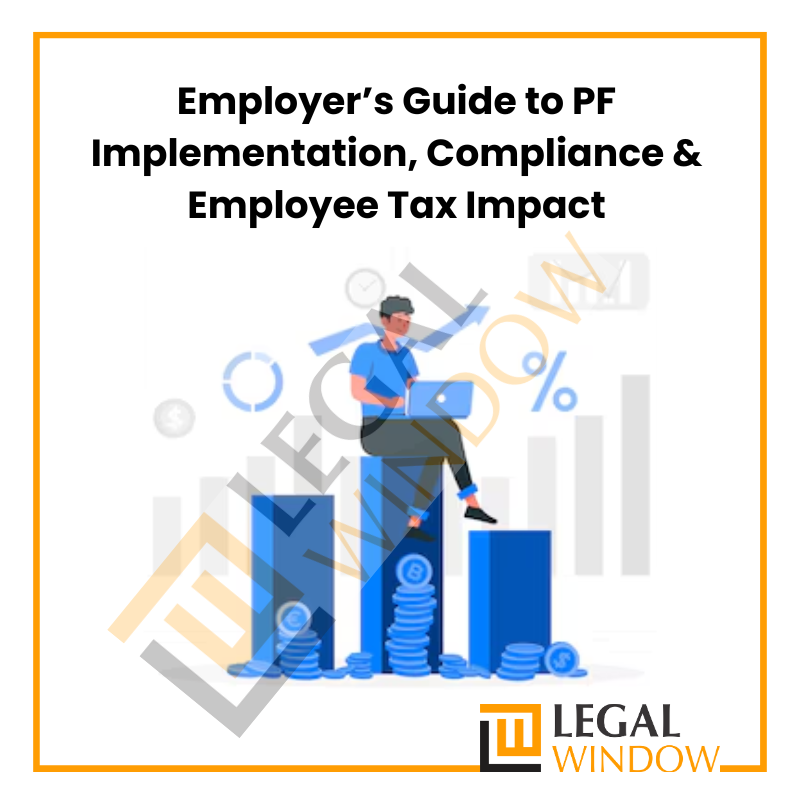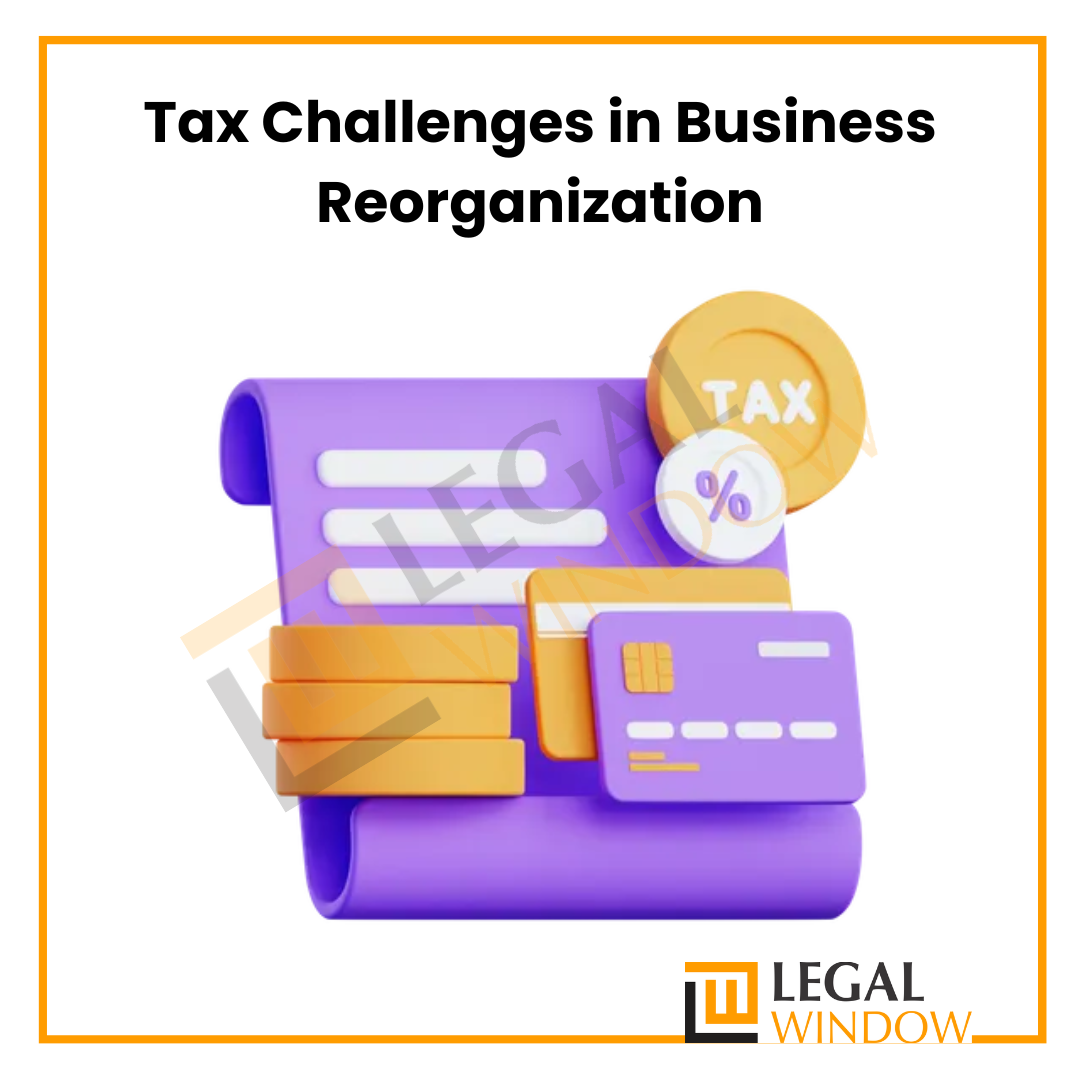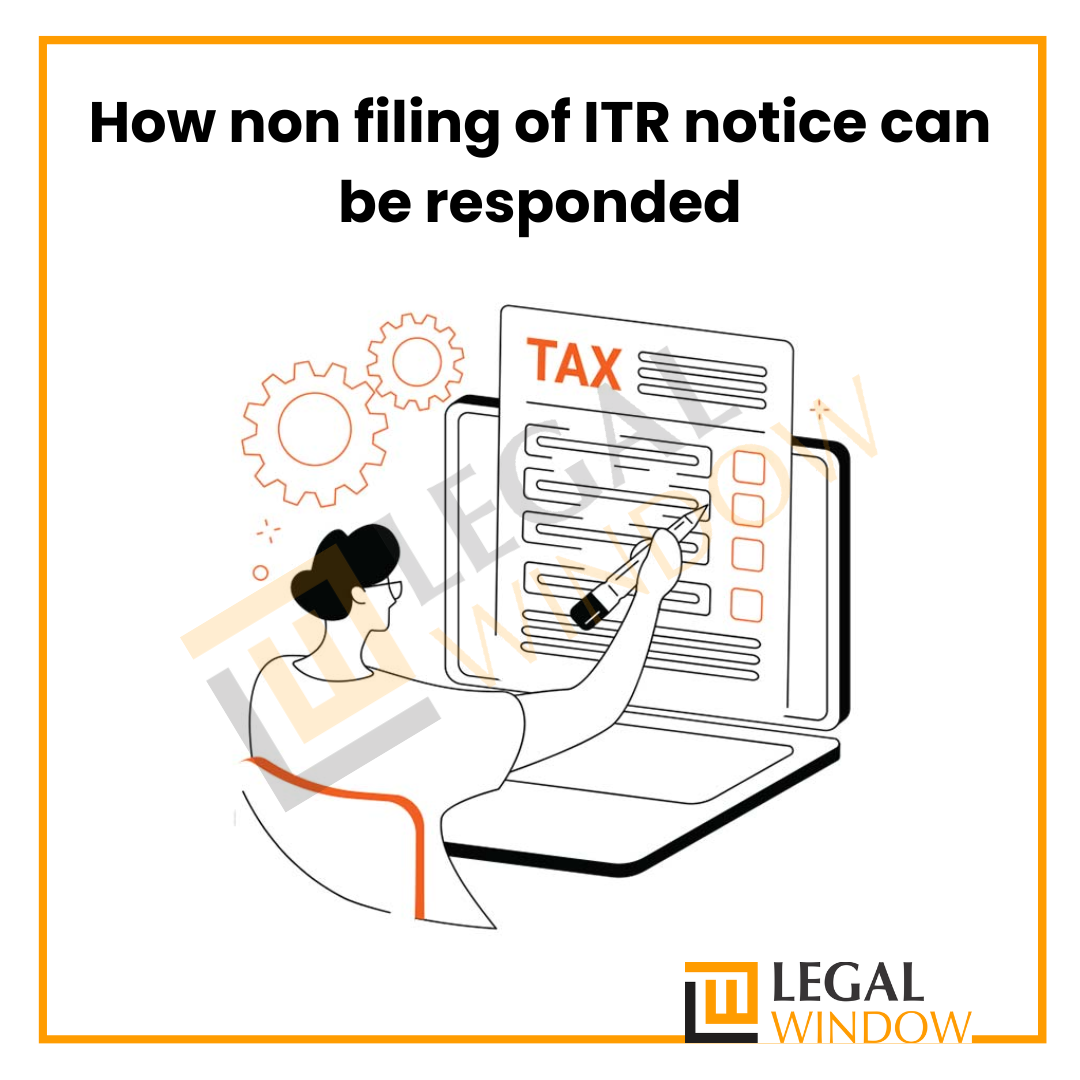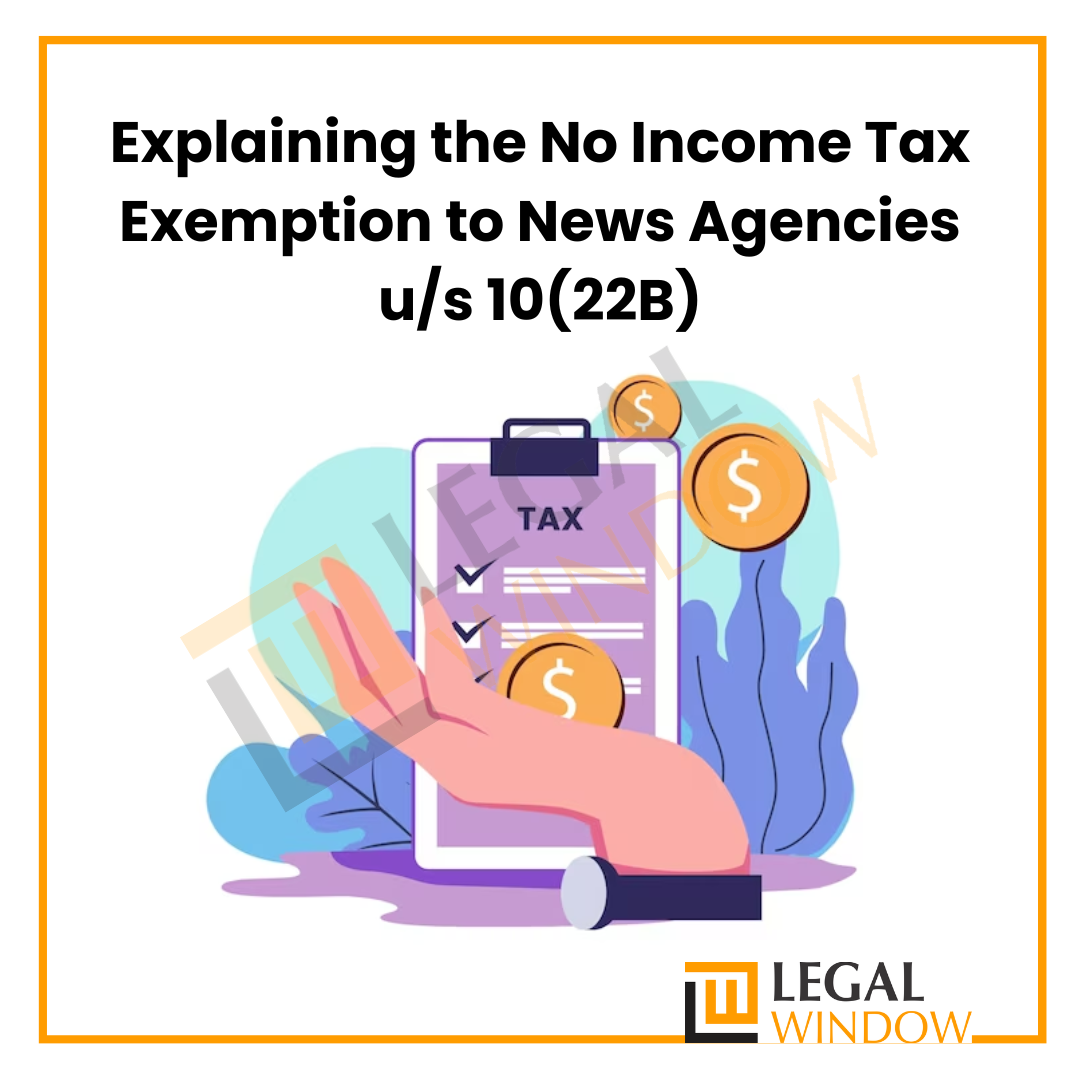File Income Tax Return Individual Online
Personal ITR Filing in Jaipur/ File Income Tax Return Individual Online Starting from ₹499/-
Filing ITR
Filing Forms
Flexible and Simple online Process
Consultancy from Experts
On time compliances
Get your registration in 3-4 days
Introduction of Personal ITR Filing
Any individual earning an income above minimum exempted amount is liable to pay income tax. The income can be earned from any source like salary, rental income, interest income from savings, income from mutual funds, agriculture income, sale of property or business or professional income.
Income Tax Return is a form required to be filed with Income Tax Department. The format and applicability of these forms are defined by Income Tax Department. All forms have separate disclosure requirements according to the Incomes Reported.
As per The Income Tax Act 1961, eligible individuals need to file their income tax returns once a year. Filing of Income Tax Return legitimates your earnings and investments whereas in case of non-filing of Income Tax Return if the income is required to be disclosed becomes BLACK MONEY. If you File Income Tax Return Individual Online on time you can get an income tax refund as well, if you have paid excessive taxes to the government.
Legal Window will provide you all the necessary services and legal advice related to File Income Tax Return Individual Online and also guide for other compliances. You may get in touch with our team on 072407-51000 or email admin@legalwindow.in for your Personal ITR Filing in Jaipur.
New Tax Regime and Old Tax Regime
Government has given option to choose between the new and old tax regimes to the taxpayers. The basic concept behind these regimes is that if you do not have investments to claim various deductions/exemptions under Sec.80 then you can opt for new tax regime and pay taxes at lower rates.
A person who choose to opt for new tax regime cannot claim following deductions-
Certain allowances like LTA, HRA, allowances granted to meet expenses in performance of duties of office.
Deductions under salary like Standard Deduction, Entertainment allowance and Professional tax.
Interest payable on borrowed capital for self-occupied property.
Standard Deduction in case of family pension.
Several deductions available under Sec.80 like life insurance, health insurance premium, pension funds, provident fund, donation etc.
The option to avail the option can be taken while filing the Income Tax Return. Our Team will help you assess the beneficial option for you so that you can get maximum tax benefits.
Advantages to File Income Tax Return Individual Online
Easy loan processing
Most of the banks and NBFCs ask for ITR receipts from Individuals for the last three years when you apply for high-value loans like home and car loans. Hence, you should regularly file income tax returns if you want to take a loan in the future.
Proof of Income/Proof of Net worth
ITR Acknowledgement form is the best proof of Income or ascertaining the net worth of the individual. By having a look at the ITR Form, you can analyze the type of income and the taxes paid by an individual.
Filing ITR avoids penalties
By File Income Tax Return Individual Online you can avoid penalty levied on taxpayers who don’t file an Income Tax Return within the due date.
Claiming Refund
In case you have already paid advance tax or any TDS has been deducted by your employer or any investments by the authorities, then you can claim for the refund if excess tax has been paid by any concerned authority.
Required for VISA Application
For those who have a desire to shift abroad, ITR is the most important document that any foreign embassy asks for. It is really important to regularly file Income Tax Returns.
*This year government has announced that Senior citizens aged 75 years and above need not file ITR if the source of income is only pension and interest from banks. However, it is advised to keep filing ITRs due to above benefits and uses.
Types of Return for Individuals
Individuals can file following Income Tax Return Form written below according to their eligibility:
| ITR FORM | Type of TaxPayer | Residential status | Who can file? |
| ITR 1 | Individuals having total income up to 50 lakhs | -Resident -Ordinary Resident | Income From :
|
| ITR 2 | Individuals having total income of more than 50 lakhs | -Resident -Ordinary Resident -Non-resident (NRI_ -Non-Ordinary Resident | Income from:
|
| ITR-3 | Individuals or Hindu Undivided Family who have income from proprietary business or are carrying on any profession | -Resident -Ordinary Resident -Non-resident (NRI_ -Non-Ordinary Resident | Income From -
|
| ITR-4 | Individuals, HUFs and Firms (other than LLP) | -Resident -Ordinary Resident | Income From
|
Documents Required to File Income Tax Return Individual Online
Income from salary
- Aadhar card
- Pan card
- Form 16 (having details of salary)
- Bank statement
- Investment under section 80
Income from house property
- Aadhar card
- PAN card
- Rent Receipt
- Bank Statement
- Investment under section 80
Income from Business or Profession
- Aadhar card
- PAN card of taxpayer
- PAN card of Entity
- Bank Statement
- Financial Statements
- Investment under section 80
Income from Capital Gain
- Aadhar card
- PAN card
- Bank Statement
- Receipt of sale of capital assets
- Receipt of purchase of capital assets
- Investment under section 80
Income from Other source
- Aadhaar card
- PAN card
- Bank statement
- Investment under section 80
Procedure to File Income Tax Return Individual Online
Fill the simple questionnaire provided by our team.
Provide us all the necessary documents as per the category of your income as mentioned above
We will analyse all the details and after verification from client we will file your income tax return before the due date and protect you from any penalty
We will further inform you after filling your Income Tax Return and also provide you the return form and computation.
Due dates for filing Income Tax return
For Taxpayers not eligible to get Tax audit: Due date for Personal ITR Filing in Jaipur for Taxpayers not falling under tax audit limit or who opt for presumptive taxation for F.Y 2023-24 i.e. A.Y. 2024-25 is 31st July, 2024. Option to avail presumptive taxation is available to business having turnover less than Rs.2 crores.
For Taxpayer eligible to get Tax audit: Due date for filing Income tax Return for Taxpayers falling under tax audit or who do not opt for presumptive taxation for F.Y 2023-24 i.e. A.Y. 2024-25 is 30th October, 2024.
Taxpayer can file belated Return up to 31st December, 2024 for Assessment year 2024-25.
Penalty of non filing Income Tax Return
Where a person is required to file Income Tax Return u/s 139(1) fails to file the return within prescribed limit u/s 139(1) shall pay prescribed late fee in following manner:
The penalty for non-filing of return will be Rs 5000, if return is filed after 31st July, 2024.
*However if total income of person does not exceed 5 lakh than late fee shall not exceed Rs. 1000.
Old Tax Regime (Applicable for F.Y. 2023-24)
| S.No | Income | Upto 60 yrs (Rs.) | Between 60 yrs-80yrs (Rs.) | More than 80 yrs(Rs.) |
| 1 | Basic Exemption Limit | 2,50,000 | 3,00,000 | 5,00,000 |
| 2 | Above Basic Limit- ₹5,00,000 | 5% | 5% | Nil |
| 3 | Between ₹5,00,001 – ₹10,00,000 | 20% | 20% | 20% |
| 4 | Above ₹10,00,000 | 30% | 30% | 30% |
For non-residents, rates as applicable to an individual aged upto 60 years will apply. New Tax Regime (Applicable for F.Y. 2023-24) Under New Tax Regime uniform rates are there for all the taxpayers.
| S.no | Income | Tax Rates |
| 1 | Up to ₹2,50,000 | Nil |
| 2 | Between ₹2,50,001 – ₹5,00,000 | 5% |
| 3 | Between ₹5,00,001 – ₹7,50,000 | 10% |
| 4 | Between ₹7,50,001 –₹10,00,000 | 15% |
| 5 | Between ₹10,00,001 –₹12,50,000 | 20% |
| 6 | Between ₹12,50,001 –₹15,00,000 | 25% |
| 7 | Above ₹15,00,000 | 30% |
- Surcharge
- 10% of income tax where total income exceeds Rs. 50,00,000.
- 15% of income tax where total income exceeds Rs. 1,00,00,000.
- 25% of income tax where total income exceeds Rs. 2,00,00,000.
- 37% of income tax where total income exceeds Rs. 5,00,00,000
- Health and Education cess:
- 4% of income tax + surcharge.
Related Posts
FAQ's on File Income Tax Return Individual Online
Legal window helps you in the best possible manner for filing the income tax return you are eligible for. Further, our team helps you in advising the best way of investments so that tax liability is reduced.
No, If the income tax is already paid in the form of advance tax or TDS then no liability to pay the tax and in other case if your income is more than the maximum amount not chargeable to tax then you have to pay the tax as per the tax exemption limit decided for that financial year.
Yes of course one can revise the ITR after filing before one year after completion of the Financial Year.
For Example, for F.Y 2023-24, revise return can be filed before 31 March 2024.
You can only file an Income Tax Return after paying the Income Tax due to the government. If you submit the ITR without paying then your Income Tax Return can be declared Defective Return.
For the salaried person, Form 16 is a basic document used for filing their income tax returns (ITR). Filing one's ITR without Form 16 seems almost impossible for most salaried individuals. Now, even if you don't have Form 16, there are several documents you can use as reference to file your return.
For Filling Income Tax Return you need to have PAN no., without it individual will not be able to file the Return.
For individuals ITR filing with nil income is not compulsory but in case you want to file then you can. Individuals whose income exceeds the basic exemption limit i.e. 2.5 lakhs, is recommended to file ITR to avoid scrutiny by the Income Tax Department. Also, if your tax liabilities are zero and have filed the ITR before, it is necessary to be filed. The same can be provided as a proof of income whenever required and a person can avail so many benefits of filing an income tax return.
It is clearly not compulsory for individual having income less than exempted limit to file ITR but as we mentioned above the benefits of filling return if you want to avail such benefit you must file the Income Tax Return.
In case you fail to file the return before due date, there is a provision to file return up to a certain date, however with a late filing fee and reduced benefits, the belated return can be filed before the end of Assessment Year for the concerned financial year. That means, for F.Y. 2023-24, belated returns can be filed till 31st March, 2024.
If you have income up to Rs 5 lakh and you don\'t file your ITR assuming that your tax payable will be zero after taking necessary deduction you are liable to get a notice from the income tax department.








